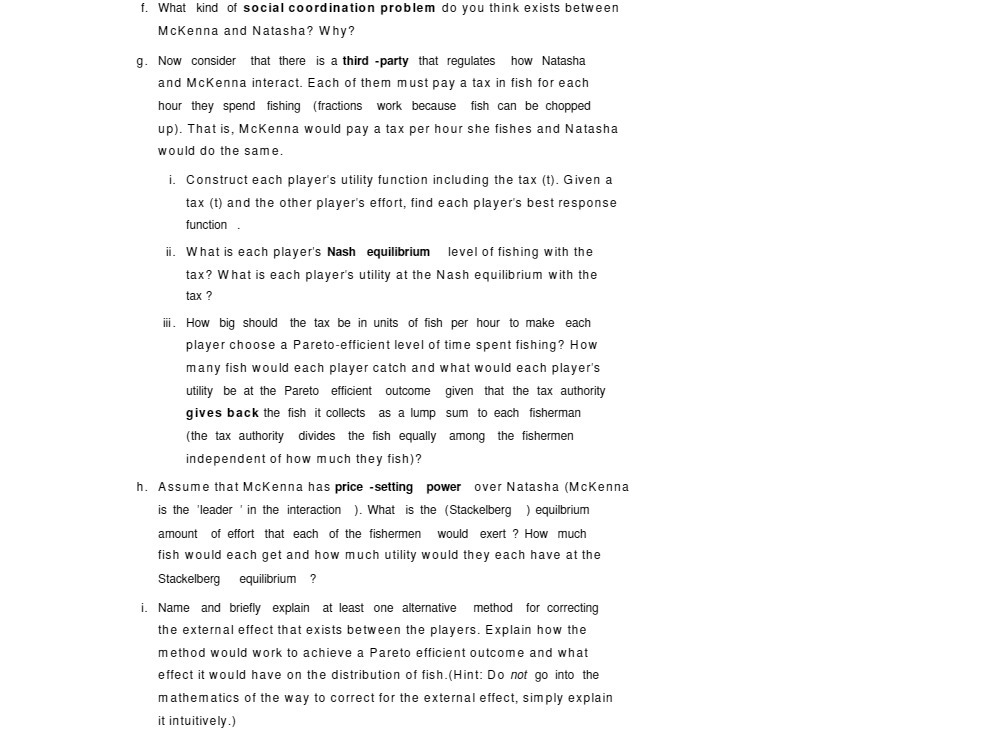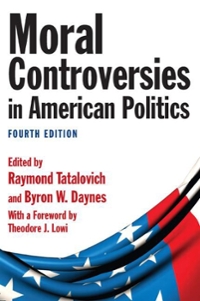Answered step by step
Verified Expert Solution
Question
1 Approved Answer
f. What kind of social coordination problem do you think exists between Mckenna and Natasha? Why? g. Now consider that there is a third -party

Step by Step Solution
There are 3 Steps involved in it
Step: 1

Get Instant Access to Expert-Tailored Solutions
See step-by-step solutions with expert insights and AI powered tools for academic success
Step: 2

Step: 3

Ace Your Homework with AI
Get the answers you need in no time with our AI-driven, step-by-step assistance
Get Started


